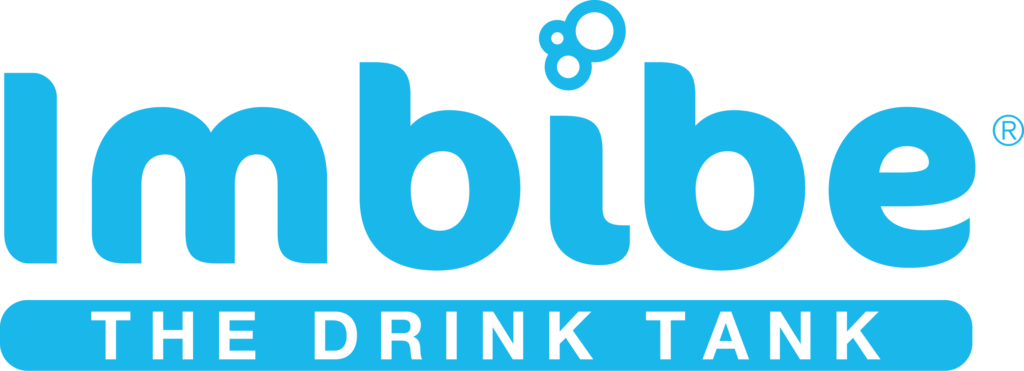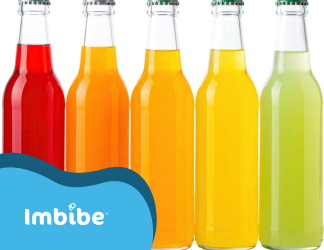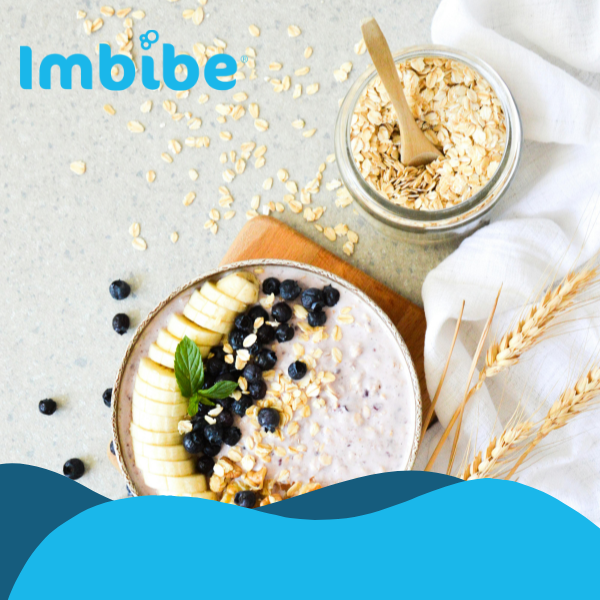Many of us rely on our morning Joe to jump start our day (according to the National Coffee Association, 64% of Americans are daily coffee drinkers). Although coffee already delivers a healthy dose of caffeine to increase energy and improve performance, there’s been an uptick in brands incorporating other functional ingredients into coffee for an even bigger boost.
Functional coffee – or what some might call “super coffee” – is especially attractive for consumers who demand convenient formats and enjoy getting multiple benefits from a single product. Here’s a breakdown of some of the functional ingredients used to fortify coffee:

Coffee + Energy – Coffee fortified with other energizing ingredients has been around for several years and the popularity of these products isn’t expected to slow down any time soon. Coffee energy drinks are viewed as a natural alternative to traditional energy drinks which makes them appealing to consumers. Many of these beverages include ingredients like guarana and ginseng which are considered to be nootropics, (an emerging buzz word) meaning they aid with mental performance and clarity. According to Mintel, 40% of RTD coffee drinks want products that promote brain health.
 MCT/Butter Coffee – MCT oil skyrocketed in popularity thanks to Bulletproof’s cult following. MCT stands for mediumchain triglycerides, a fat found in coconut and palm oil that is suggested to help increase energy and burn fat. Bulletproof coffee combines MCT oil with grass-fed butter, which is suggested to be rich in omega-3s, CLA, beta-carotene, antioxidants, and vitamins A, K, D & E. Advocates of Bulletproof coffee suggest that the combination results in improved energy and focus, reduces jitters and crash, and increases satiety. Bulletproof coffee is also incredibly popular with people who follow paleo or keto diets because it’s suggested to use fat as fuel.
MCT/Butter Coffee – MCT oil skyrocketed in popularity thanks to Bulletproof’s cult following. MCT stands for mediumchain triglycerides, a fat found in coconut and palm oil that is suggested to help increase energy and burn fat. Bulletproof coffee combines MCT oil with grass-fed butter, which is suggested to be rich in omega-3s, CLA, beta-carotene, antioxidants, and vitamins A, K, D & E. Advocates of Bulletproof coffee suggest that the combination results in improved energy and focus, reduces jitters and crash, and increases satiety. Bulletproof coffee is also incredibly popular with people who follow paleo or keto diets because it’s suggested to use fat as fuel.
 Protein – According to Mintel, 35% of RTD coffee drinkers want products with added protein. In 2018, 5% of RTD coffee products were fortified with protein, which is more than double the amount in 2016. Protein can be found in a range of coffee products like cold brew, lattes, smoothies and shakes. Some of the protein sources for RTD coffee products include milk protein isolate or concentrate, casein, whey or plant-based ingredients.
Protein – According to Mintel, 35% of RTD coffee drinkers want products with added protein. In 2018, 5% of RTD coffee products were fortified with protein, which is more than double the amount in 2016. Protein can be found in a range of coffee products like cold brew, lattes, smoothies and shakes. Some of the protein sources for RTD coffee products include milk protein isolate or concentrate, casein, whey or plant-based ingredients.
Adaptogens – Coffee is known for perking you up, but 42% of RTD coffee drinkers want a product that also helps them relax. Adaptogens have been used for holistic medicine in  Asia for thousands of years and have been recently incorporated into coffee products. Ingredients like ashwagandha, tulsi (or holy basil), and lion’s mane are being incorporated into coffee because they’re suggested to reduce stress and improve memory, energy and focus.
Asia for thousands of years and have been recently incorporated into coffee products. Ingredients like ashwagandha, tulsi (or holy basil), and lion’s mane are being incorporated into coffee because they’re suggested to reduce stress and improve memory, energy and focus.
CBD – CBD is expected to be the “it’ ingredient of 2019 and beyond despite it being a legal grey area. CBD stands for cannabidiol, the non-psychoactive
 ingredient in cannabis linked to managing pain, sleep quality, inflammation and anxiety. Adding CBD for an additional charge is a trend at third wave coffee shops that is also being leveraged by a handful of RTD products.
ingredient in cannabis linked to managing pain, sleep quality, inflammation and anxiety. Adding CBD for an additional charge is a trend at third wave coffee shops that is also being leveraged by a handful of RTD products.
Interested in developing a super coffee product? The coffee market is slated to grow from $14b in 2018 to $18b in 2022, making it a market poised for innovation. E-mail the beverage experts at thedrinktank@imbibeinc.com to start a conversation or your next beverage project.



